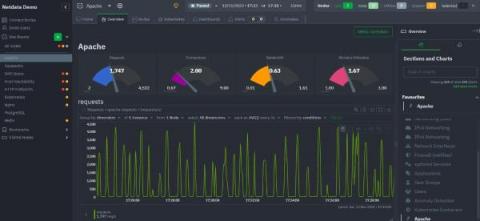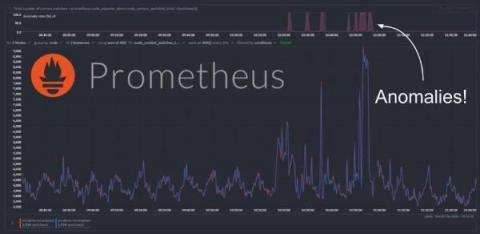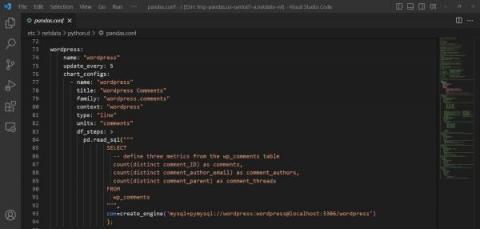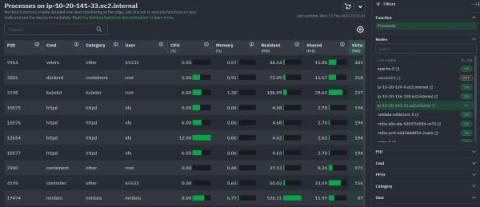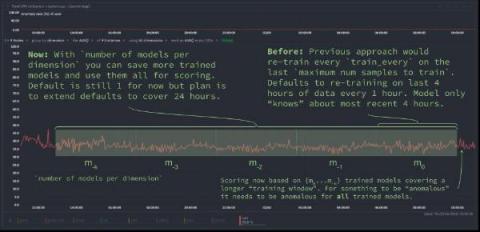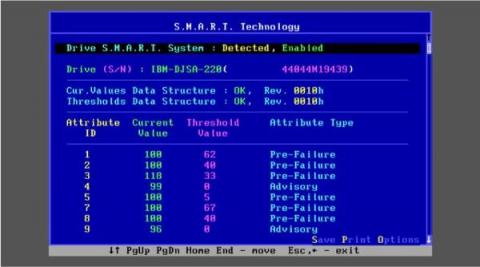Introducing the Netdata demo space
Introducing Netdata's Demo Space, a quick and easy way to experience monitoring environments before you set them up yourself. At Netdata, we are always striving to provide the best monitoring experience for our users. We understand that adopting a new monitoring solution can sometimes be challenging, especially when you're unsure of how it will fit your specific environment. That's why we're excited to announce the Netdata Demo Space!


